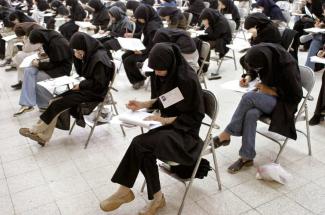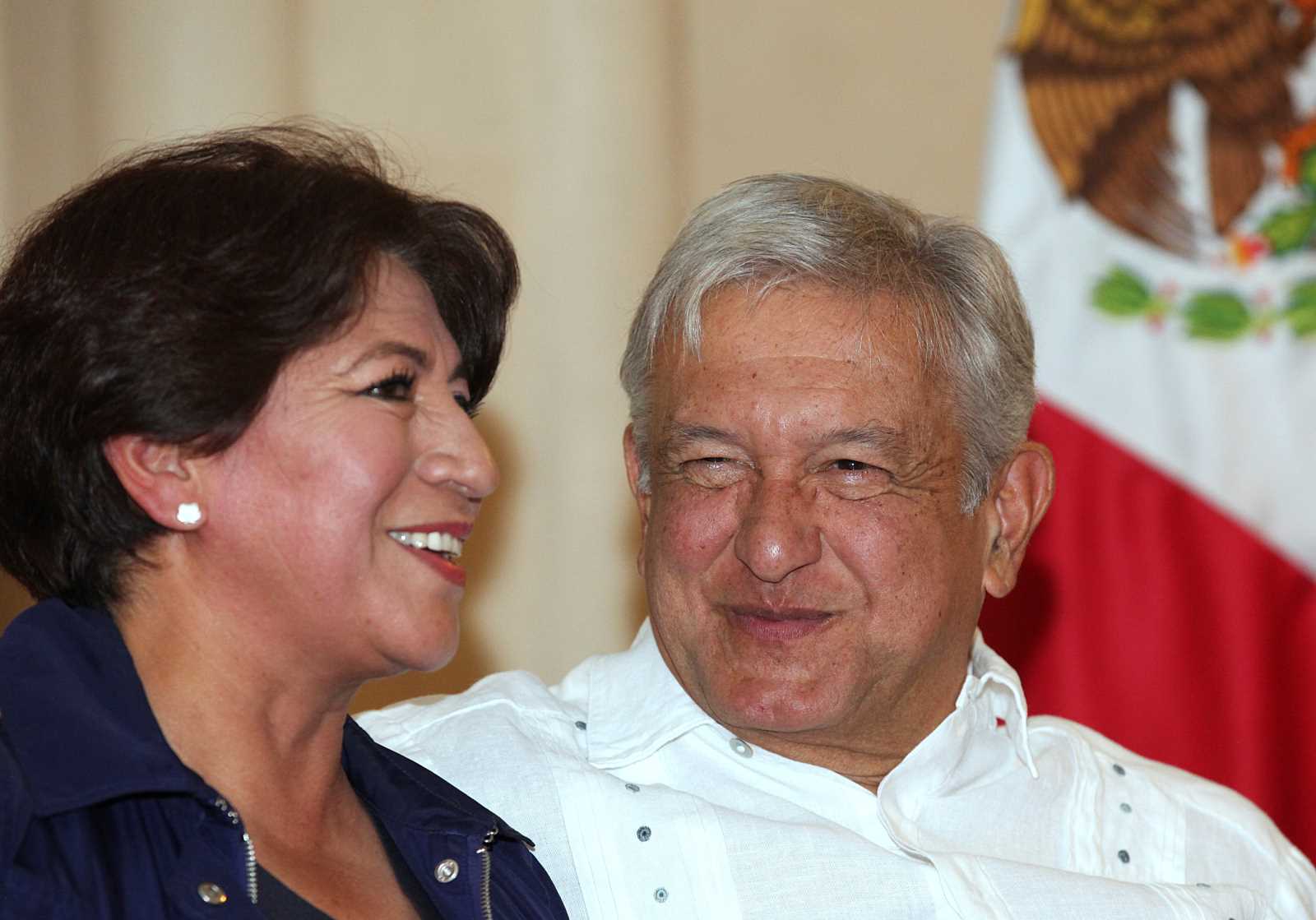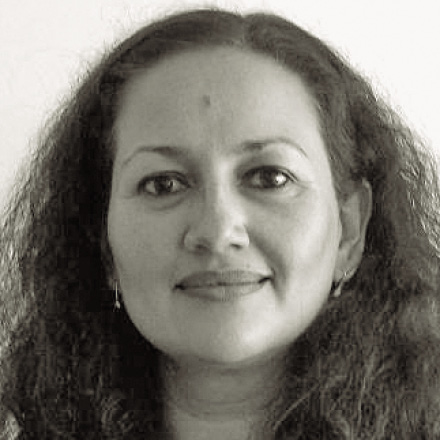Civil society
Mutual understanding

Iran’s government denies it is trying to build nuclear military capacities. It insists its nuclear ambitions are civilian and a strictly domestic issue of policymaking. Western governments, on the other hand, demand transparency to ensure that Iran is not developing nuclear weapons. Economic sanctions are supposed to make Iran cooperate.
The sanctions are not meant to impose regime change, says Paul Freiherr von Maltzahl from the Deutsche Gesellschaft für Auswärtige Politik, a think tank close to Germany’s Foreign Office. The goal, he insists, is to ensure Iran is compliant with the multilateral Non-Proliferation Treaty.
According to Adnan Tabatabai, a political scientist at Berlin’s Humboldt University, however, the sanctions are hitting small and mid-sized companies more than they hurt the government, and broad segments of the population suffer the consequences. The regime, on the other hand, is taking advantage of the situation by agitating against the west and portraying its country as isolated, the scholar argues.
Tabatabai is in favour of “grassroots policymaking”. He believes that exchange programmes involving western nations and Iran in fields such as academia, the arts and sports would strengthen civil society. In his eyes, it is wrong to judge a nation only by the action of its governments, and curiosity rather than narrowly defined interests should be the driving force for people to get to know one another. “The citizens of both countries must see beyond the intentions of their governments and become close to one another,” he says.
To achieve that, the German public needs to get a different idea of Iran. So far, however, Iran’s image is defined by terms like “nuclear bomb”, “theocracy” and “holocaust denial”, as journalist Kamran Safiarian pointed out at a conference held by Evangelische Akademie Loccum, a Protestant outfit, in mid April. According to him, civil society is stronger in Iran than Germans normally believe. There are many and diverse non-governmental organisations, Safiarian states, the arts scene is lively and the media engage in controversial debates. More than half of the university students are female. Iran’s society has a huge share of young people.
Academic exchange with Iran is nothing new. Several German universities are cooperating with Iranian counterparts in research projects. Moreover, students from Iran are studying in Germany with grants from institutions like DAAD (Deutscher Akademischer Austauschdienst). They are preparing their PhD theses for instance.
So far, however, the focus is on natural sciences, while cooperation in political science remains rare. Jochen Hippler, a political scientist from Duisburg-Essen University, has experienced that “interaction at eyelevel is not always possible”. The reasons he gives include unequal knowledge as well as great ideological pressure and little regard for independent thinking on the Iranian side. Hippler says that this sad state of affairs makes more exchange especially valuable. Iranian scholars, according to him, show keen interest in the matter.
Charles King Malroy of the Aspen Institute’s Berlin office said he appreciates exchange and would like to see relations becoming more relaxed during a panel discussion with Ali Reza Sheikh Attar in Loccum, Iran’s ambassador to Germany. The scholar from the American think tank insisted, however, that Iran first must make its nuclear programme transparent and acknowledge Israel’s right to exist.
He bemoaned human-rights abuses and the discrimination of women in Iran. Dialogue, he emphasised, must include telling one another what one finds disturbing. The ambassador, in turn, accused the USA of double standards and insisted that Iran is not interested in building a nuclear bomb.
Mareike Forchheim









